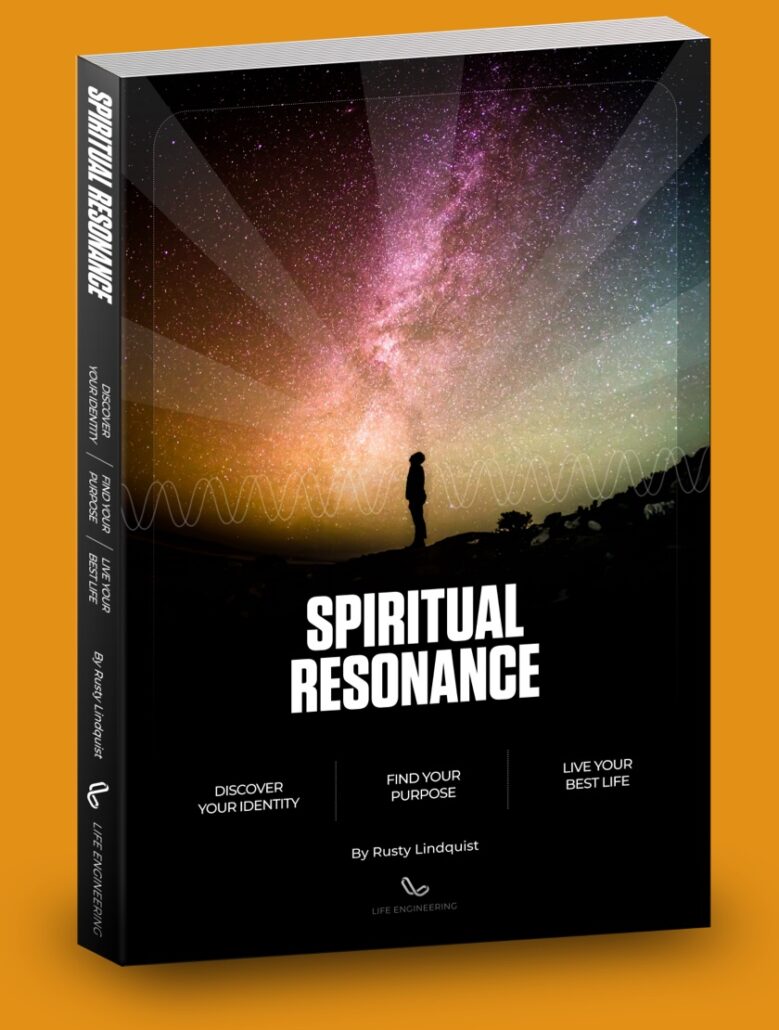Free Course: Alignment Staying on Course Free Course: Alignment From our 16 Elements series, and a part of the Act Pillar, Alignment …
PLACEBO – THE POWER OF BELIEF
articles
In pharmacological research, every test that is done on a group of individuals must also have a “control group.” Instead of getting the real test drug, they get a placebo—an inert drug. It’s simply a substance that resembles the actual drug in appearance, but is nothing more than water or something else of no medicinal value. After years of research, it was determined that when patients take a substance that they THINK will heal them, their symptoms often start to disappear.

This “placebo effect” has become well documented over time, and much research has been done on it. The phenomenal reality of this effect is that when patients BELIEVE they will get better, somehow they do.
Such is the power of belief.
The mechanics of this are unknown to me. Undoubtedly, it involves complex neural processes—activating synapses and neurotransmitters that somehow creates a healing effect on our physical bodies. But however it works, it works.
While some have made a science out of understanding the mechanism of belief, there is no science to implementing it within your own life. The steps are easy. There’s only one. Believe.
Picture what you want and believe that it can happen. The power is within you, and it doesn’t take a pill to bring it out.
Believe that you can overcome. Believe that you can do better. Believe that you can learn. Believe that you can succeed. Believe that you can accomplish. Believe that you can be remarkable. Believe that you can endure. Believe that you can do anything. Believe in yourself.
-Rusty
Share this
with someone who might need it
keep reading
The turkey effect How to learn who you are and live your best life raising turkeys People often wonder “who am I?”; …
HOT HANDS HOW identity POWERS PEAK PERSONAL PERFORMANCE HOT HANDS There’s a well-known phenomenon in sports called “Hot Hands.” It’s the idea …
Know Thyself The Key to Unlocking Your Full Potential Know thyself Nestled deeply on the slopes of Mount Parnassus in Greece is …
Employee satisfaction is closely tied to performance. When satisfaction levels rise, productivity, customer service, and profits tend to rise too. Employee turnover slows down and it becomes easier to recruit new talent. See how your team, leadership, and shareholders can benefit from a company culture that emphasizes employee satisfaction.
If you want your customers to be happy, you need to think about employee satisfaction. When employees like their workplaces, they are more effective at their jobs and provide better customer service. Learn more about the link between the employee and customer experience and how to measure employee satisfaction.








Responses